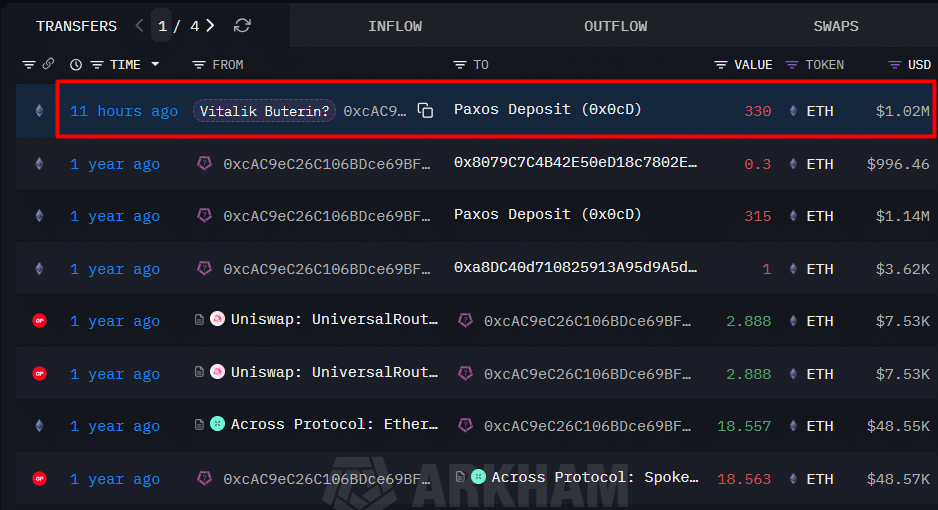Google Play backtracks and allows non-custodial cryptocurrency wallets
- Google Play releases non-custodial crypto wallets.
- New policy eliminates financial licensing requirement.
- FinCEN and MiCA do not apply to non-custodial wallets.
Google Play has updated its policy, confirming that non-custodial cryptocurrency wallets will no longer need to meet the licensing requirements previously required for listing on the store. The decision was made following strong backlash from the crypto community and clarifies an area that had been creating legal uncertainty for developers.
In an official statement, the company said: "Non-custodial wallets are not within the scope of the Google Play Software Wallets and Cryptocurrency Exchanges Policy. We are updating the Help Center to make this clear."
Initially, the announced rules required financial licensing in 15 jurisdictions, including the United States and the European Union. The most critical point was that the requirement made no distinction between custodial and non-custodial wallets—which, in practice, would put decentralized projects at a disadvantage.
Thanks for flagging this. Non-custodial wallets are not in scope of Google Play's Cryptocurrency Exchanges and Software Wallets Policy. We are updating the Help Center to make this clear.
— News from Google (@NewsFromGoogle) August 13, 2025
In the US, the requirement included registering as a Money Services Business (MSB) with FinCEN and obtaining state money transfer licenses. However, according to FinCEN's 2019 guidelines, non-custodial wallets do not fall under this legal requirement.
Bill Hughes, a lawyer for Consensys, said Google notified the company of the change on July 10. He said there's still a lack of clarity about what constitutes a "software wallet," which could open the door to different interpretations and inconsistent policies from large platforms.
In the European Union, the previous rule would have required developers to register as Crypto Asset Service Providers (CASPs) under MiCA regulations. This would have prevented many non-custodial apps from being listed on the Play Store, directly impacting the decentralized ecosystem.
The exclusion of non-custodial wallets from the policy's scope represents a relief for the cryptocurrency industry, which had been concerned about the impact of centralized app stores and dependence on rules imposed by technology companies.
Disclaimer: The content of this article solely reflects the author's opinion and does not represent the platform in any capacity. This article is not intended to serve as a reference for making investment decisions.
You may also like
Borderlands Mexico: Flexport cautions importers that tariff concerns will remain prominent in 2026
XRP Hits $2.17 But Digitap ($TAP) Is Technically The Best Crypto To Buy 2026

Pump.fun Revolutionizes Fee System: Catalyst for New Dynamics in the Memecoin Arena
Ethereum locks 1mln as Vitalik Buterin warns of ‘corposlop’ – Identity crisis ahead?

